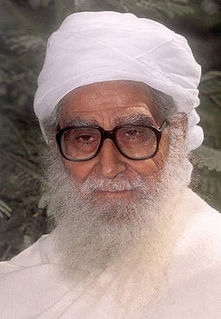A Quote by Terry Eagleton
In the end, the humanities can only be defended by stressing how indispensable they are; and this means insisting on their vital role in the whole business of academic learning, rather than protesting that, like some poor relation, they don't cost much to be housed.
Related Quotes
You think me foolish to call instruction a torment, but if you had been as much used as myself to hear poor little children first learning their letters and then learning to spell, if you had ever seen how stupid they can be for a whole morning together, and how tired my poor mother is at the end of it, as I am in the habit of seeing almost every day of my life at home, you would allow that to torment and to instruct might sometimes be used as synonymous words.
What use could the humanities be in a digital age? University students focusing on the humanities may end up, at least in their parents' nightmares, as dog-walkers for those majoring in computer science. But, for me, the humanities are not only relevant but also give us a toolbox to think seriously about ourselves and the world.
The truly monumental can only come about by means of the most exact and refined relation between parts. Since each thing carries both a meaning of its own and an associated meaning in relation to something else - its essential value is relative. We speak of the mood we experience when looking at a landscape. This mood results from the relation of certain things rather than from their separate actualities. This is because objects do not in themselves possess the total effect they give when interrelated.
I don't feel that I'm a role model. I'm just me. If people want to look up to me then that's their business. I'm not perfect and I don't consider myself to be a role model. But to be honest, I'd much rather my kids look up to me than look up to some rock star who gets off jail more times than is even funny.
The end is what you want, the means is how you get it. Whenever we think about social change, the question of means and ends arises. The man of action views the issue of means and ends in pragmatic and strategic terms. He has no other problem; he thinks only of his actual resources and the possibilities of various choices of action. He asks of ends only whether they are achievable and worth the cost; of means, only whether they will work. ... The real arena is corrupt and bloody.
We have an industrial base - one that, if made to take orders rather than being allowed in the vacuum of leadership to create them, if enabled by the elimination of cost-plus contracting to produce and achieve rather than waste and receive, could make something worth the cost rather than making work that costs us our dreams.
For two extraordinary years I have been working on it - learning to write - but mostly learning how to tell the truth. At first it is quite impossible. You make yourself better than anybody, then worse than anybody, and when you finally come to see you are "like" everybody - that is the bitterest blow of all to the ego. But in the end it is only the truth, no matter how ugly or shameful, that is right, that fits together, that makes real people, and strangely enough - beauty.




































